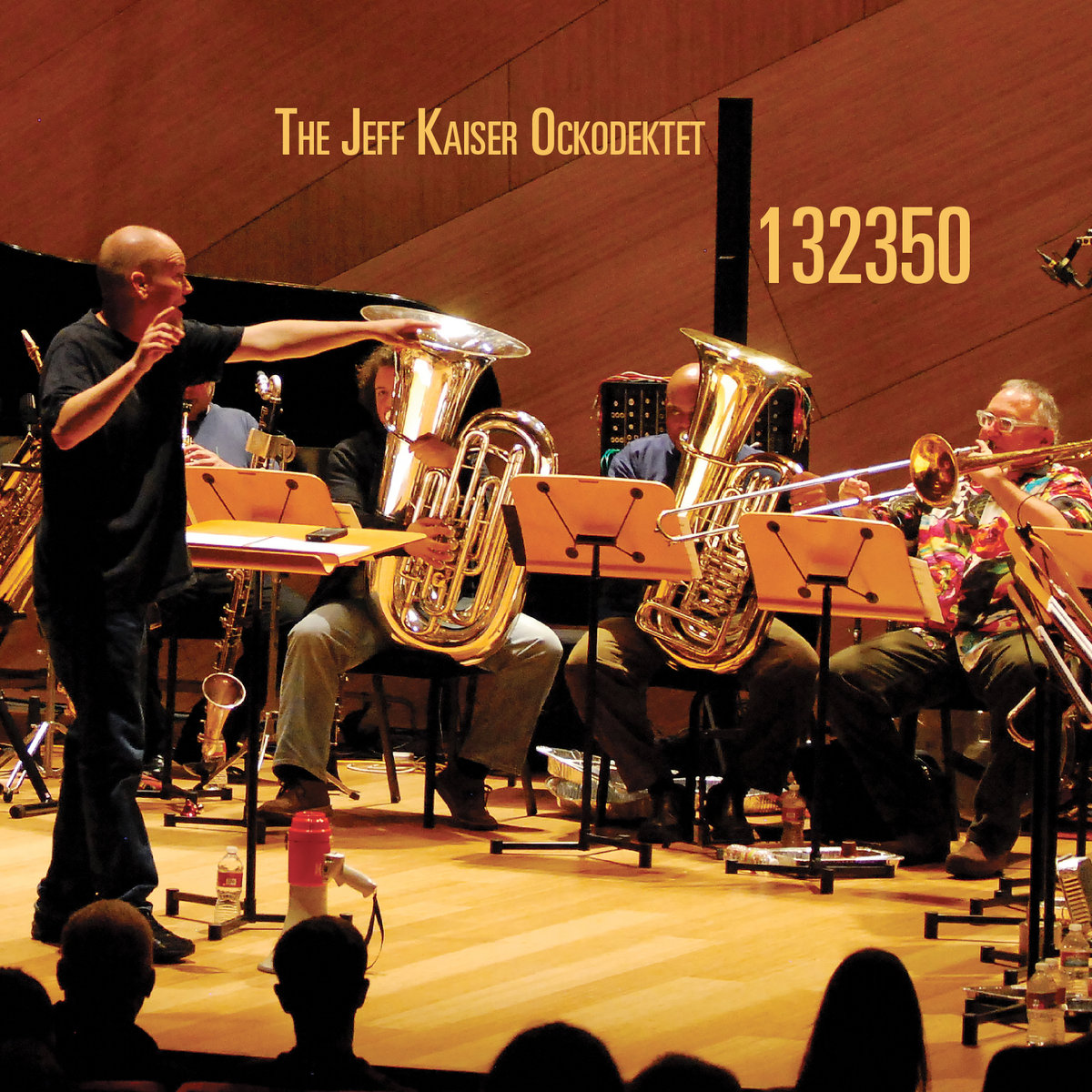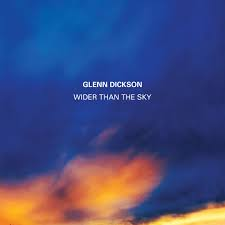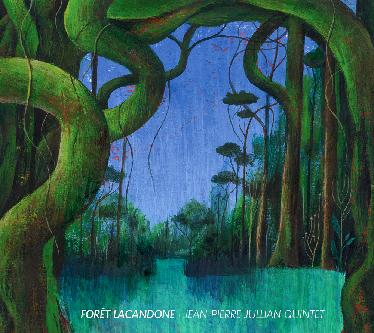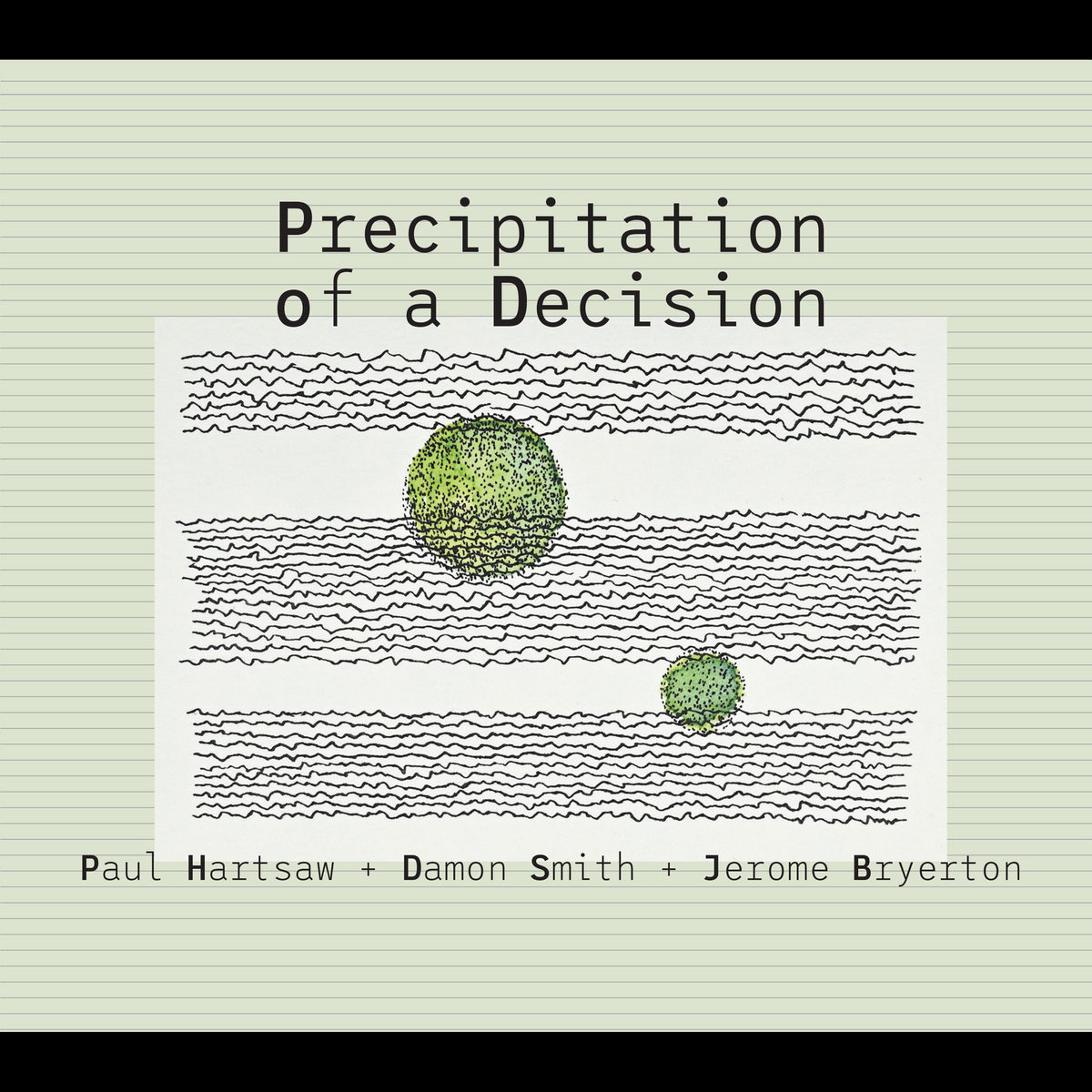Pianist Denny Zeitlin has had a long and productive career in Jazz, beginning in the early sixties and an acclaimed series of acoustic trio albums for Columbia, then a period where electronic keyboards, synthesizers and electronic effects along with electric bass and of course drums were at the forefront, that period lasting around ten years beginning in 1968. 1973 saw the trio of Zeitlin, George Marsh on drums and Mel Graves on electric bass produce their first Fusion-Jazz-Rock album, dubbed
Expansion. It was widely acclaimed at the time and a copy found its way to me via JCOA Distribution. It was in the basic parameters of that sort of thing then but at the same time had a harmonic-melodic originality in keeping with Zeitlin's advanced and sometimes ornate piano trio sides that established him in the first place. Of course 1973 was a peak period for electric Jazz and Jazz-Rock as an art form and a popular possibility as a place from which Rock fans might jump into a further extension of what was possible.
The Zeitlin Trio carried on in this mode for a decade before returning to acoustic endeavors. Now that so much time has passed we can look back of how things stood and fully recognize Zeitlin as a stylistic originator.
And now some many years later we have an earlier session made by the trio that included band vocals and a somewhat more overt Avant Rock direction, in an unreleased album from 1969 entitled The Name of This Terrain, which we finally can hear as a CD, LP or download on the Now Again Reserve label. In the initial period after the album was completed Zeitlin and the trio did not find a label to put it out. Listening now it seems pretty clear that it fits in with a sort of Proto-Progressive Jazz-Rock as favored at the time by groups like Soft Machine but also of course all in relation to the Psychedelic Rock scene and Fusion as a whole. You listen to the album closely now and you affirm that the addition of band vocals does not especially allow the music easily assimilation into advanced Rock radio and concert situations. The music does not by adding vocals make for a more commercial possibility. It is still in many ways complex Avant Jazz. The title cut "The Name of This Terrain" has vocal parts decidedly outside of the mainstream though worthwhile in their own right if you approach the music without preconceptions.
And the rest of the album lives up to the challenge of the first cut. It is complex, advanced, at times in a mind-meld of the more psychedelic music of the period but perhaps in ways that might not have been easily assimilated back then.
But if you listen today without some idea of what one SHOULD be hearing, it is something that retains interest, at least I found it so. For those especially who liked this electric trio in its instrumental version, there is much to like here but with the unexpected twists of a sort of song form. Anyone who seeks forward sounds, complexity and fire, you should no doubt give this a chance. It fits in perfectly with the period styles of the time but then does not easily pigeonhole into that matrix. The lyrics are sometimes a bit more intelligent and perhaps learned than might have been expected. Well obviously this music today would not be likely to appeal to "teenyboppers" and no doubt if there was a strictly Rock market for this music at one time it may no longer be relevant, except perhaps if you lived through those days musically and can situate it accordingly. The band can sing on pitch and in their own realm so that will not intrude upon your ears. It adds to the music and gives us a new angle on it all listenig now.
It is not what you might expect I would think. But on that level it is all the more interesting, at least I found it so. Try listening before you plunk down for it. If you are like me it will perk you up.







